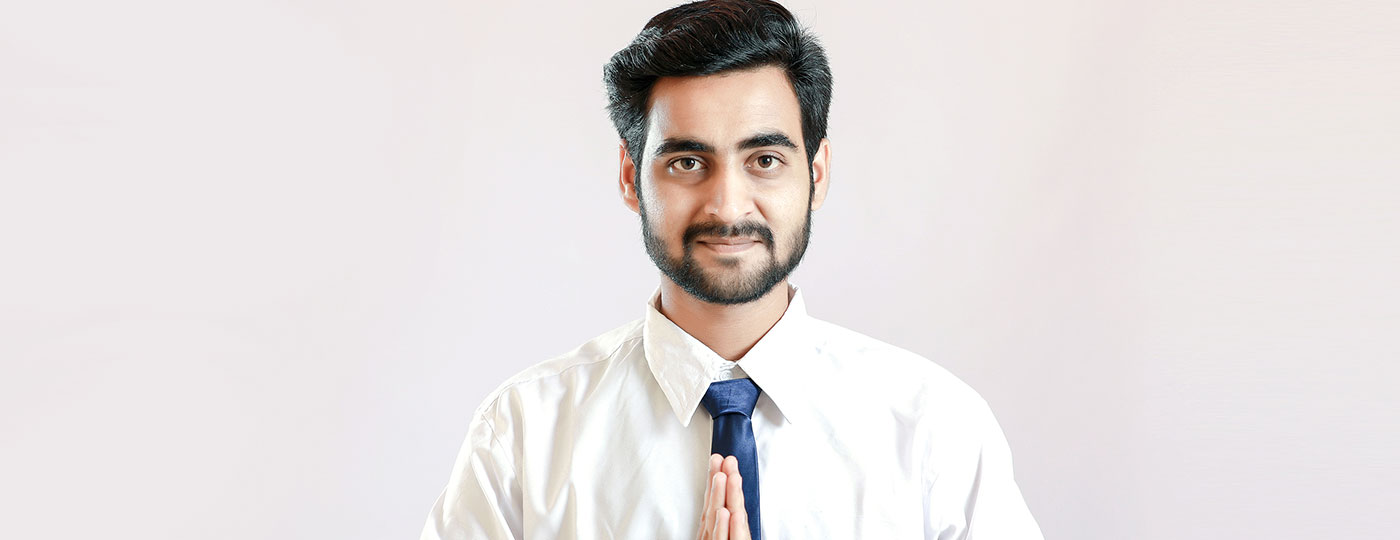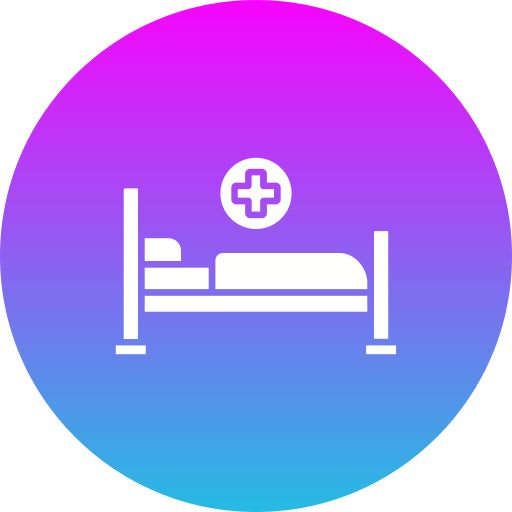Advantages
IoT in healthcare enhances patient care, streamlines operations, and boosts efficiency.
Decreased costs
Healthcare providers can use connectivity of healthcare solutions to monitor patients in real-time, lessening the number of unnecessary doctor visits. Home care facilities that really work will decrease hospital stays and re-admissions.
Better disease management
Patients can be monitored on a continual basis and healthcare providers can access real-time information with IoT, allowing diseases to be treated early.
Less errors
Less errors System costs and errors are reduced thanks to strong data collection methods and automated workflows with data-driven decision-making methods.
Better treatment outcomes
Connectivity of healthcare solutions via cloud computing and other virtual infrastructures makes it easy for caregivers to make informed decisions about treatment by giving them access to real-time medical information and evidence-based treatment options. This means that healthcare is delivered more quickly and effectively.
Better patient experiences
Connectivity in healthcare, thanks to IoT, puts the emphasis on patient needs. That means proactive treatments, better diagnosis accuracy, better treatment outcomes, and an overall emphasis on accountable care which lets patients trust their healthcare providers.
Better drug management
The creation and management of drugs is expensive for the healthcare industry, and these costs can be managed in a more effective way with IoT.
Enhanced Chronic Disease Treatment
IoT-powered wearables and sensors enable long-term monitoring and analysis of chronic diseases, leading to more effective treatment strategies.
Smart Hospitals
IoT can automate hospital databases, manage queues, and monitor equipment, reducing costs and increasing productivity.
Mobile Health (mHealth)
Mobile apps can serve as a comprehensive healthcare hub, allowing patients to access medical information, manage IoT sensors, and contact doctors with ease.
Tracked Ingestible Sensors
Smart pills can monitor medication intake, ensuring that prescriptions are taken correctly and reducing incorrect consumption.
Improved Mobility and Alertness of Hospital Staff
IoT tracking systems enable staff to be alerted immediately when critical changes in patients' parameters occur, allowing for faster response times.
IoT features
IoT is transforming healthcare into a more efficient, accessible, and personalized industry.
Implantable Devices
Devices like cardiac pacemakers, neurostimulators, continuous glucose monitors, and spinal cord stimulators are implanted in the body for continuous monitoring and treatment.
Stationary Devices
Smart beds, automated dispensing systems, EKG machines, ventilators, MRI and CT scanners, and dialysis machines are IoT-enabled devices that form the backbone of traditional healthcare settings.
Remote Monitoring Tools
Blood pressure monitors, smart scales, smart pill dispensers, specialized cameras, glucose monitoring systems, home EKG monitors, and pulse oximeters are used for continuous health data streaming between patients and healthcare providers.
Hospital Operation Tools
Asset tracking systems, environmental monitoring devices, hand hygiene monitoring systems, and waste management systems support the smooth operation of healthcare facilities.
Research & Development Tools
Organ-on-a-chip, genetic analyzers, and robot-assisted surgery systems are pioneering tools used in healthcare research and development.
Contact Tracing
IoT devices are used for tracing contacts to prevent the spread of infectious diseases.
Pathogen Detection
Sensors and devices are employed to detect the presence of pathogens in healthcare settings.
Thermal Detection
IoT devices are used for detecting elevated body temperatures, which is a key symptom of many infectious diseases.
No-Touch Sanitation Dispensers
Automated hand hygiene systems dispense sanitizer without the need for physical contact.


